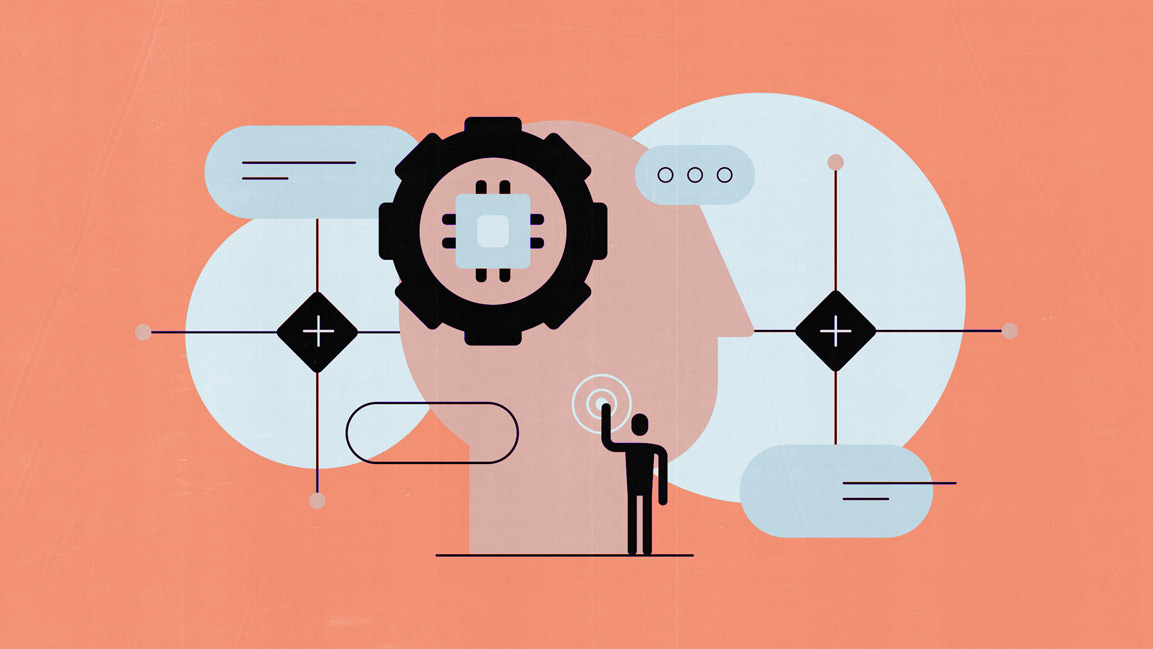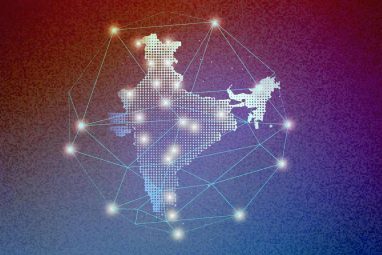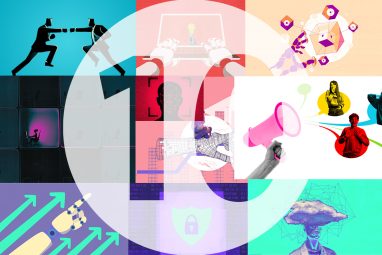How Will Humans Make Money if AI Does it All?
What if instead of a cheque, you get a tradable stake in AI’s output—a way to ensure everyone participates in its value creation?
News
- Musk’s xAI Buys Third Data Center Site to Expand Computing Capacity
- AI May Add $1.7 Trillion to India’s Economy by 2035
- Reliance lays out draft AI manifesto, signals shift to AI-native operating model
- AI Job Losses Could Accelerate By 2026, Geoffrey Hinton Warns
- India’s Data Center Capacity Seen Jumping Tenfold to 14GW by 2035
- SoftBank Bets on AI Backbone With $3 Billion DigitalBridge Deal

Indian outsourcing giant Tata Consultancy Services’ plan to cut over 12,000 jobs may be the first big wave in an AI-driven industry shake-up. Experts warn that this might wipe out nearly half a million roles from the $283 billion outsourcing industry in just the next two to three years. The real worry is: If AI really can do it all, what happens to your paycheck?
It sounds like science fiction until you realize how quickly generative AI is encroaching on white-collar work, customer service, coding, design, and even creative industries. Sam Altman, CEO of OpenAI, has been mulling over this for years but doesn’t seem to have the answers despite being at the center of it all. In a recent conversation, he said, “I don’t know. Neither does anybody else.”
For Altman, AI isn’t just a new tool. It’s “a fast-forward button on technology,” a way to compress the time between idea and execution to almost nothing. Information can be processed in seconds, frameworks built instantly, and repetitive processes automated away. While it sounds like progress, it also raises an uncomfortable question: if some people own the companies that run these systems and the rest simply use them, how will the wealth be shared?
Altman’s Two-Future Theory
Altman imagines two broad possibilities.
Future one: where AI is universally available, almost like a public utility. “GPT-7 in everybody’s ChatGPT,” he said. In this scenario, free access to a powerful AI makes everyone vastly more productive. You don’t need to own the AI infrastructure to benefit; just using it could be enough to make individuals richer and prosperity more evenly distributed than ever before.
Future two: where the value generated by AI, whether it’s discovering new cures for diseases, inventing new energy systems, or designing interplanetary spacecraft, flows mostly to the “cluster owners,” the companies that control the hardware and algorithms. In that case, Altman predicts society will demand a new economic model to redistribute wealth.
He’s been intrigued by universal basic income (UBI) but says he prefers universal basic wealth, where people own a slice of AI’s productive capacity rather than just receiving cash. One “crazy idea,” as he calls it: imagine the world produces 20 quintillion AI-generated tokens a year. Twelve quintillion go to the normal capitalist system, and eight quintillion are divided equally among the world’s eight billion people, one trillion tokens each. You could keep yours, sell them, or pool them for collective projects.
Instead of a cheque, you’d get a tradable stake in AI’s output, a way to ensure everyone participates in its value creation.
The Present Reality of Jobs
While this vision remains speculative, the labor market is already feeling AI’s heat.
According to TeamLease Digital, recent job cuts in India’s IT sector have hit the middle and senior management the hardest, especially those with 15–20 years of experience in people-manager roles. With slower global growth, fewer new projects, and delivery models shifting to AI-assisted workflows, many companies are rethinking how they structure teams.
Fresh graduate hiring has seen a sharp decline over the last three years. In FY22, around six lakh freshers were hired, driven largely by post-pandemic growth. This number dropped significantly to about 2.5 lakh in FY23 and further to approximately 1.5 lakh in FY24. For FY25, projections suggest the figure will fall slightly again, to around 1.4 lakh.
In an exclusive conversation with MIT SMR India, Neeti Sharma, CEO of TeamLease Digital, said, “Companies are moving away from mass campus intakes. They are hiring fewer people with more specialized skills, aligning workforces to automation and AI-led delivery.”
On the Other End
However, the picture isn’t entirely bleak. Foundit data showed that while layoffs make headlines, hiring is still happening, just more selectively.
Speaking to MIT SMR India, Anupama Bhimrajka, VP of Marketing at Foundit, said, “Layoffs may have made headlines in recent months, but the broader hiring landscape tells a more nuanced story.”
Their insights reveal that professionals with over 15 years of experience are seeing the strongest hiring traction. Freshers with 0–3 years of experience are experiencing a modest uptick, indicating that companies are investing in long-term talent pipelines. Demand for those with 11–15 years of experience remains stable, while the 4–10 years category has seen a slight decline as organizations reassess mid-management roles.
Interestingly, fresher hiring is rebounding in FY24–25 with a 7% year-on-year increase, driven by IT services, BFSI, e-commerce, manufacturing, telecom, retail, and healthcare. Global capability centers (GCCs) are major contributors, hiring for roles in analytics, product design, R&D, and cybersecurity, often in tier-2 and tier-3 cities. Startups and digital-first companies are also tapping freshers for AI, digital marketing, and product development roles, valuing their adaptability and tech fluency.
Why This Matters in the AI Era
Altman’s emphasis on “agency”, the ability for individuals to shape the future, is crucial. Even if AI ends up controlling the most important discoveries, humans still need to be inventing new culture, art, and systems of meaning. That creativity, he argued, should remain distributed rather than concentrated in a handful of tech companies.
The hiring data in India reflects the early stages of this shift. Companies are trimming traditional managerial layers, focusing on specialist skills, and building mixed teams of seasoned leaders and adaptable freshers. Roles that blend human judgment with AI execution, like AI model auditing, ethics oversight, creative strategy, or hybrid technical-management jobs, are likely to become more important.
But even as new roles emerge, the scale of automation means society may still have to rethink wealth distribution. Whether that’s through UBI, tokenized AI output, or co-ownership of AI systems, the central challenge will be ensuring that productivity gains aren’t concentrated in the hands of a few.
What’s Next?
Making money in a world where AI “does it all” may require more than just reskilling. It may demand new economic rights, the right to share in the productivity of machines, the right to own a piece of the algorithms shaping the economy, and the right to use these tools freely to create value for yourself and your community.
Altman put it bluntly, “I don’t just want a check every month. What I would want is an ownership share in whatever AI creates. I want universal extreme wealth for everybody.”
That’s a bold aspiration. Whether we reach it will depend on choices made now, by policymakers, businesses, and workers themselves. For India, with its mix of young talent, growing GCC footprint, and increasingly AI-ready industries, the next few years will be critical.




